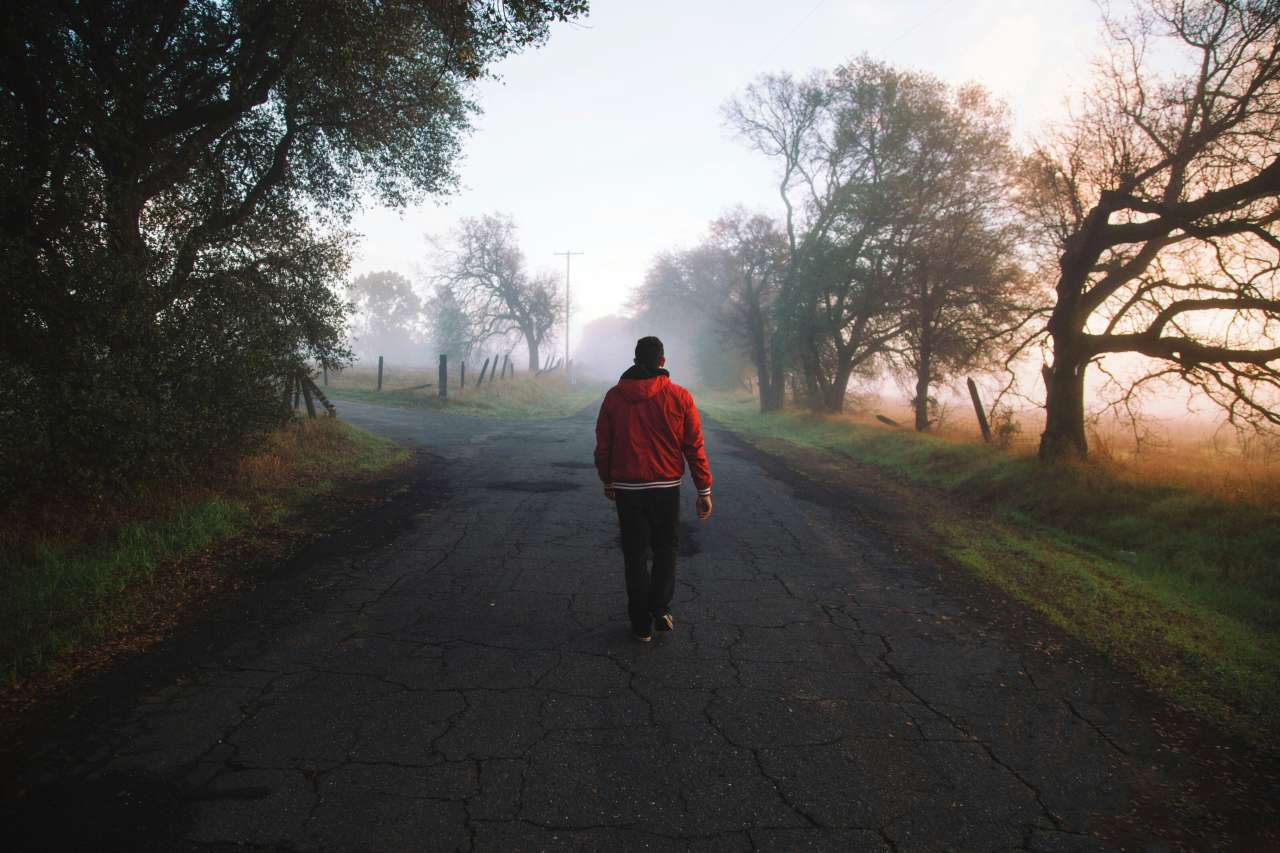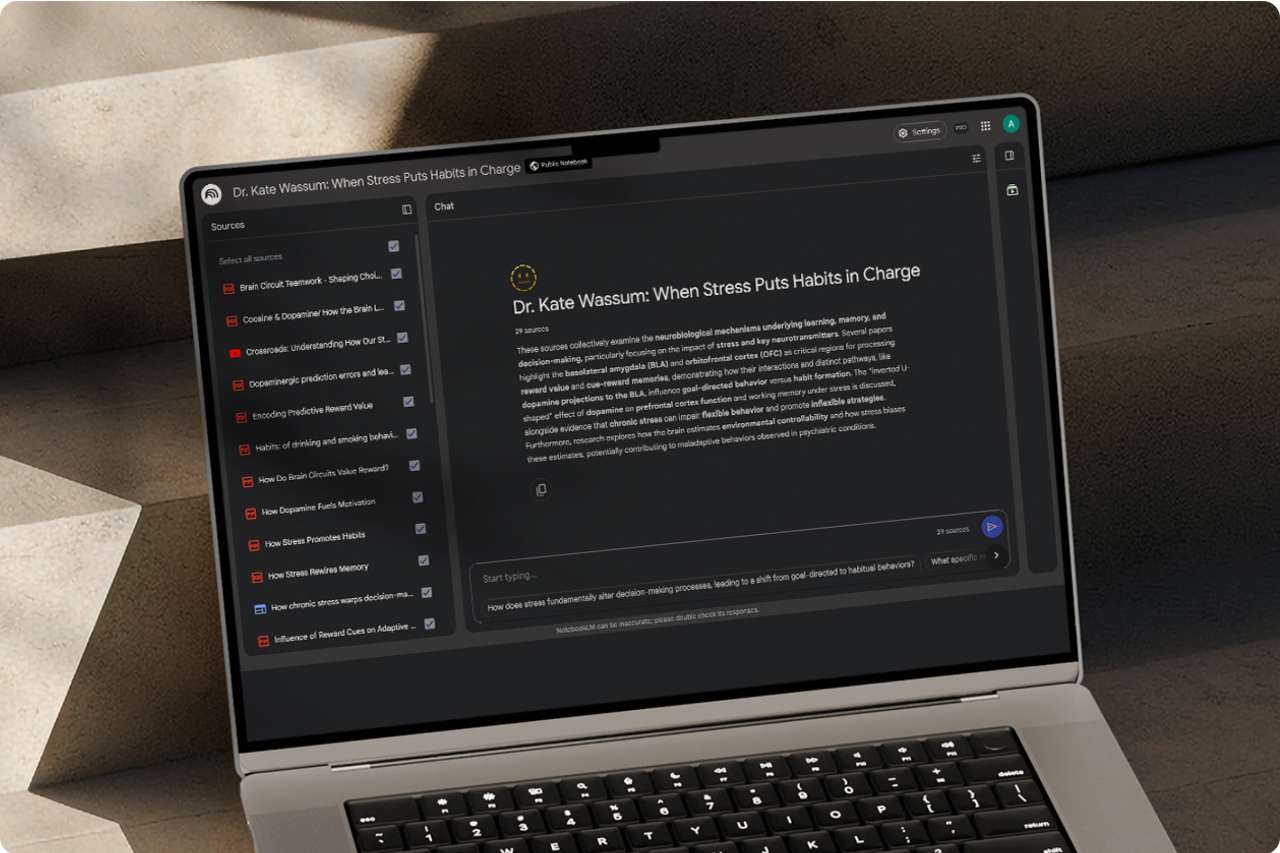The Science of Stress, Reward & Choice
A NeuroNote collection that lets you explore UCLA-curated research in a new way. Ask big questions at any level of understanding.

When Stress Puts Habits in Charge
How pressure shifts control from planning to autopilot
I study how stress affects decision-making. When stress piles up in ways you can’t control, the brain learns that your actions do not change outcomes. That learned helplessness can linger, so even when control returns, the brain may continue to act as if it has not. In that state, behavior shifts from goal-directed choices to automatic habits.
Mechanistically, stress reduces activity in circuits that link actions to consequences. These circuits support agency, planning and intentional decisions. At the same time, stress increases activity in habit circuits, which makes familiar responses more rigid and harder to change once they stop serving you. My lab maps the specific pathways behind this shift and tests ways to restore goal-directed control.
This collection gathers talks, papers, and plain-language explainers so you can follow the evidence, trace answers to their sources and see how stress reshapes choice and reward.

Dr. Kate Wassum
A Place for Infinite Curiosity
Here’s how it works:
- Sources are curated by UCLA Health and Dr. Kate Wassum.
- Ask a question and the collection provides answers only from these sources.
- Open any paper, talk or explainer to go deeper.
Try Asking Questions Like:
How does stress affect choice?
Simply, what does the prefrontal cortex have to do with self-control?
What roles do the amygdala and striatum play in habits and reward?
Which everyday steps can help bring goal-directed control back online?
How do researchers test these ideas in people vs. animal models?
